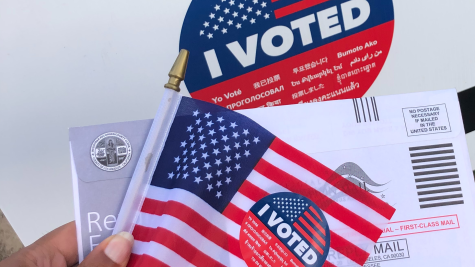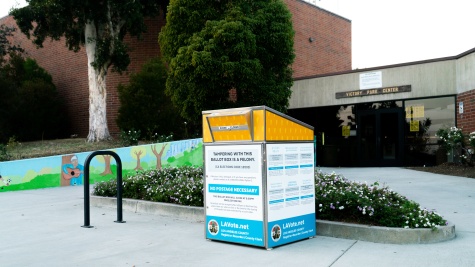Meet the Team: Samuel Baltz
We're launching a new mini-series introducing each of our wonderful team members here at the Lab.
First up: our research scientist, Samuel Baltz.
Samuel is our newest member here at the Lab; he just started on January 1. As our research scientist, he helps develop our research projects and keeps them moving. For the rest—take it away, Samuel!
What were you working on before you joined MEDSL?
I was at the University of Michigan, doing a PhD in political science and scientific computing and an MS in math. The idea of my dissertation was to apply methods from scientific modeling to the study of elections. If you can program reasonably realistic computer simulations of elections, then by tweaking individual features of the simulation you can get some idea about how that change might play out in real-world elections.
In my dissertation I used that method to figure out how a change in electoral systems—the rules for turning votes in an election into winners and losers, like for example ranked choice voting or the electoral college—might have changed the number of seats won by a specific political party in a specific election. For a few years my colleagues and I had to grapple with pretty severe challenges that made it hard to even know how to get a single estimated election result out of this type of simulation, but now we have simulation methods that can take partisan preferences that real people report on surveys and extremely accurately predict the winner of plurality elections, not just using some statistical abstraction, but by actually simulating people with those preferences making a judgment over time about how to vote. It was not a bad way to pass the time during a global pandemic.
How did you become interested in elections?
When I was 16 I read Cosmos, in which Carl Sagan develops an extremely moving humanistic vision of what the long-term future of humanity might look like, and what we can do to make sure that we even get to have a future. I had always been interested in science, but I assumed that at some point I would have to give that up to instead start seriously thinking about social problems.
A few years later, though, I discovered the Wonderful World of Political Science Methodology (a free title for anyone who's writing a textbook) and realized that I didn't have to choose. From that perspective elections are a very convenient phenomenon: as a quick glance at the MEDSL Dataverse will show you, elections are constantly producing absolutely enormous amounts of data, which of course equals enormous amounts of fun.
What's your favorite fun fact?
I like it when people with the same name run in the same election and voters have to figure out who is who. One of my favourites was Ben Hanson vs. Ben Hanson for North Dakota state representative. Not only were the Ben Hansons running in the same district as nominees of the same party, but according to Business Insider they also "look[ed] nearly identical." In the end the biggest mystery was not why their vote totals were so similar—3349 votes for Ben Hanson, 3346 votes for Ben Hanson—but rather how one Ben Hanson managed to get those extra 3 votes.
What MEDSL project are you most excited about?
This is an important moment in American democracy. Many states are busily changing the rules that have been used for decades or centuries to turn votes into winners and losers, and at MEDSL we've started thinking about what effects that has on election results. At the same time, many Americans no longer even believe in the basic legitimacy of our elections, so it's more important than ever that we are transparently collecting and analyzing American elections data.


